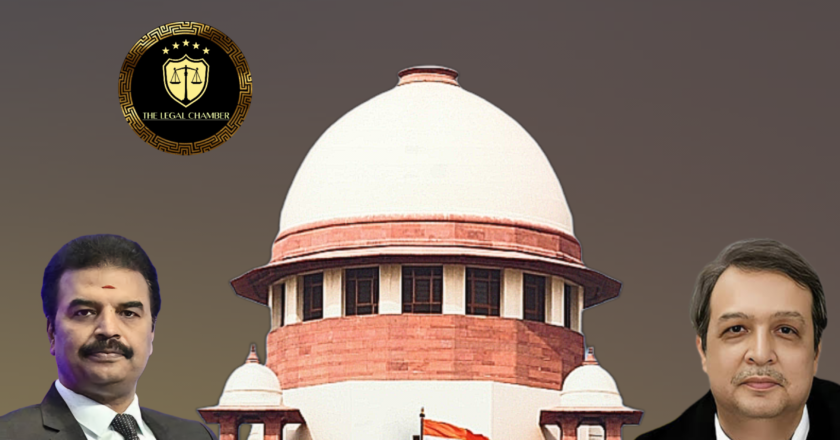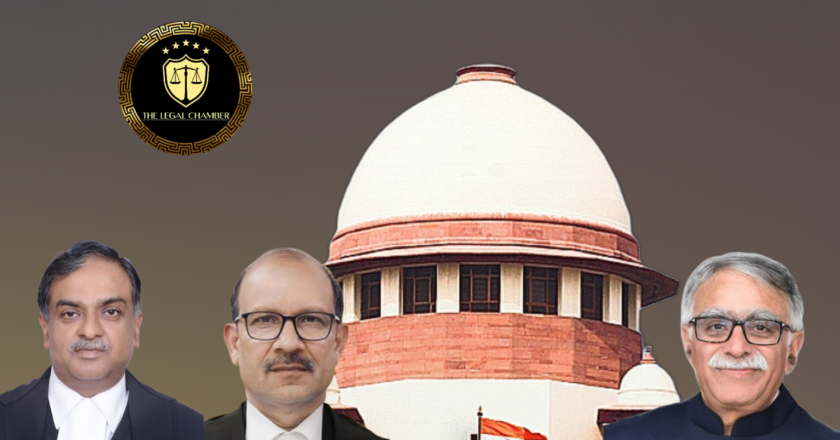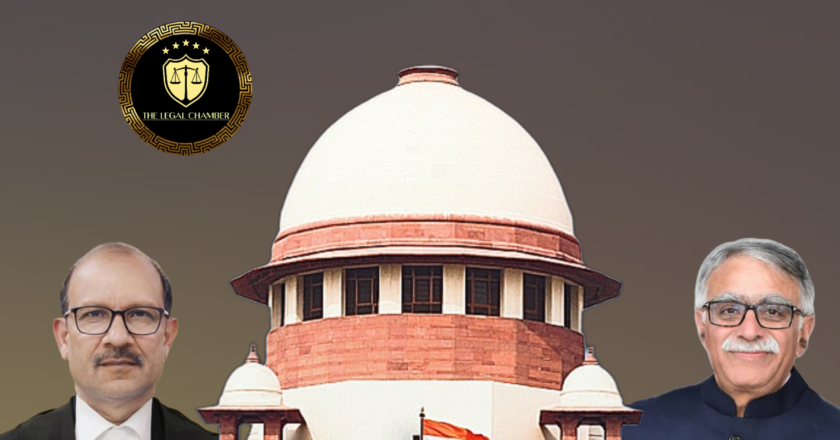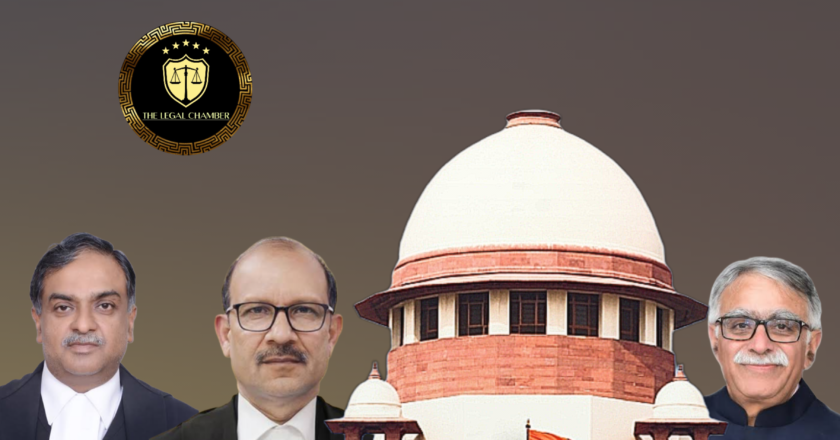Supreme Court Settles the Law: A Person Not Named in Police Report Can Still Be Summoned to Face Trial
The Supreme Court held that under Section 193 CrPC, a Sessions Court is empowered to summon additional accused persons not named in the police report upon committal of a case, as cognizance is taken of the offence—not the offender—and such power is incidental to the court’s original jurisdiction post-committal. This does not amount to taking "fresh cognizance.
Facts Of The Case:
The case originated from an FIR registered at Police Station Shivali, Kanpur Dehat, concerning the murder and rape of a woman. The initial investigation named one Ajay as the suspect. However, during the probe, the petitioner's name surfaced based on witness statements and an alleged extra-judicial confession. Despite this, the Crime Branch gave the petitioner a clean chit, and a chargesheet was filed solely agai...



